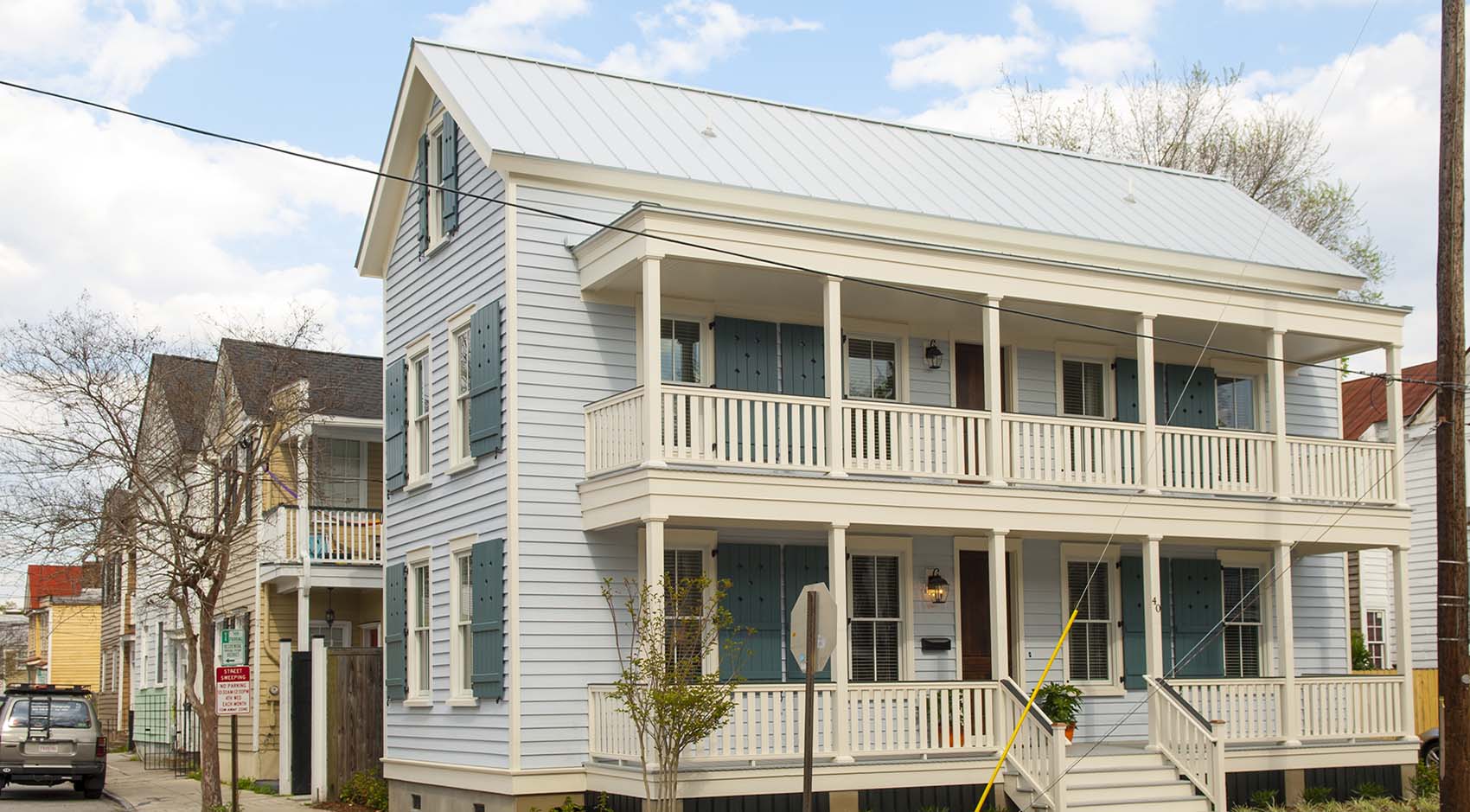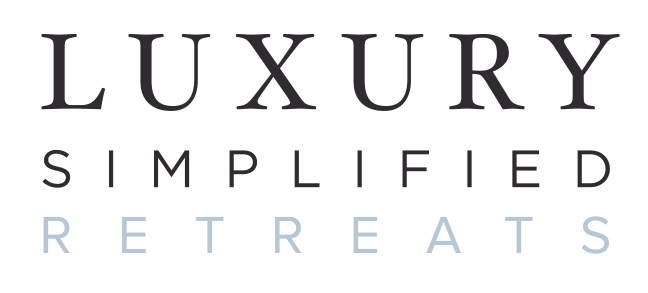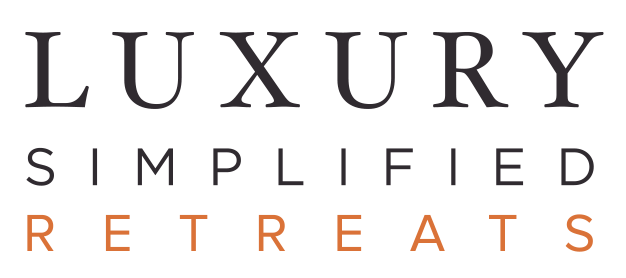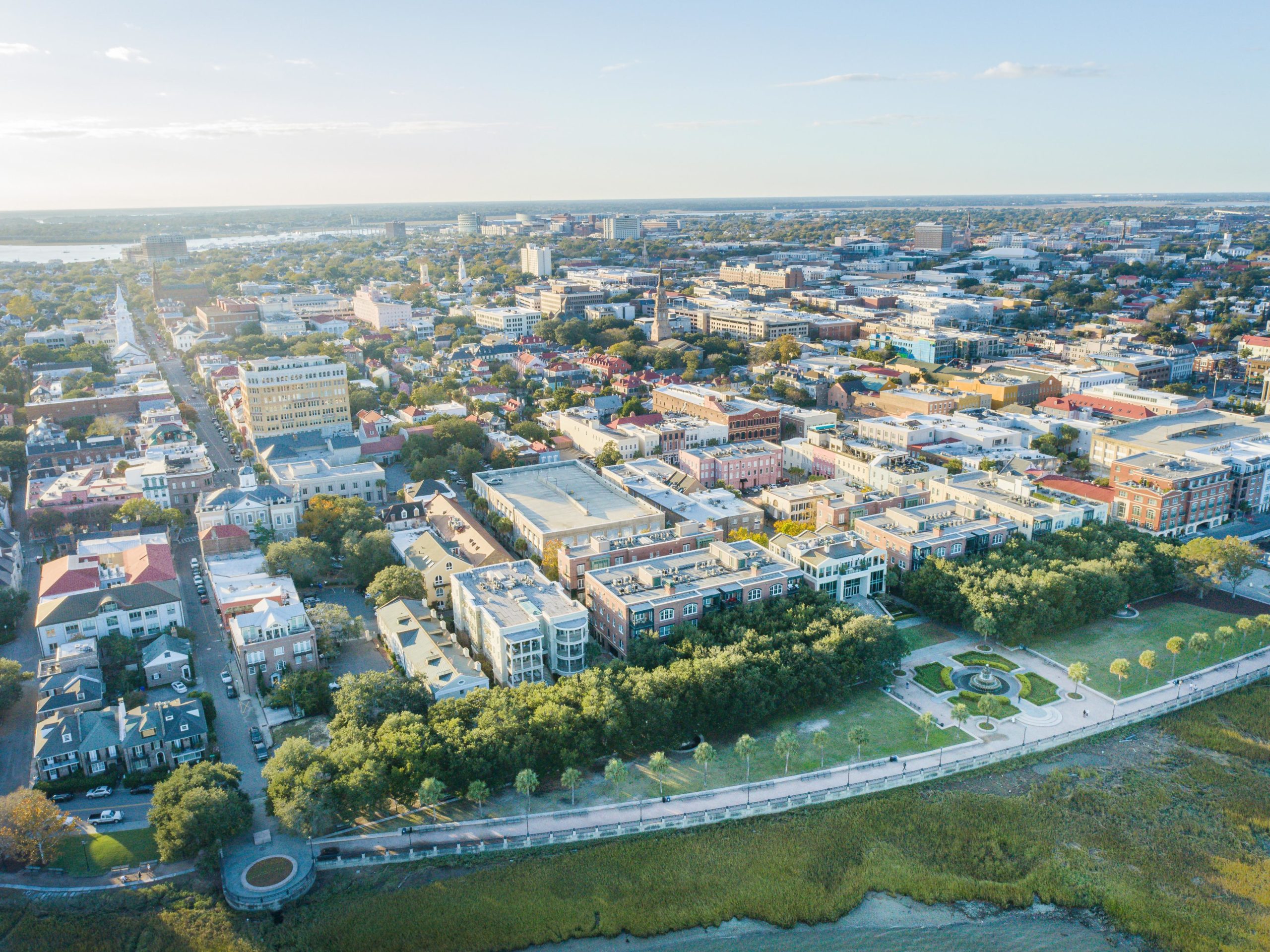 We’ve heard the term “investor ” used many ways, most of them being a misuse of the word. An investor is not simply someone who buys a home or second home. Investors look at the returns, cost of maintenance and finance, market trends, and they stay clear of emotional attachments, however tempting. Brick and mortar investments are considered income, not “forever homes. ” So if you fit into the true investor category and want to get under the skin of the process in the currently “hot ” Charleston rental investment market, then what do you need to know to improve returns?
We’ve heard the term “investor ” used many ways, most of them being a misuse of the word. An investor is not simply someone who buys a home or second home. Investors look at the returns, cost of maintenance and finance, market trends, and they stay clear of emotional attachments, however tempting. Brick and mortar investments are considered income, not “forever homes. ” So if you fit into the true investor category and want to get under the skin of the process in the currently “hot ” Charleston rental investment market, then what do you need to know to improve returns?
Let us start with the investor category of “rental. ” A pecking order of sorts exists for “gross return on investment ” for investment units in residential real estate. That order, from lowest to highest, would be:
- Single-family – Unfurnished, long-term rental
- “By the bedroom ” – Unfurnished, long-term rental. Typically student or food & beverage staff
- Monthly rental – Furnished
- Short-term rental – Furnished
Generally speaking, single-family rental is safe and steady. The renters take pride in their homes and generally look after them. Returns are modest and can be further reduced by maintenance, but if the HVAC holds in there and the roof is good, then most bills are not too large. As a general rule, a 4.5% mortgage on a 20-year amortization will gross to 7% each year after repaying interest and capital. So make sure that your choice of home can support this after all run costs. What you benefit from long-term, is the increasing value of this home, and the renter will be paying down the mortgage on your behalf.
Long-term rental “by the bedroom ” is mostly restricted to downtown Charleston, on the peninsula, in the older neighborhoods. College students, young professionals, food and beverage industry workers all are in need of accommodation, and on the peninsula, that generally will require a roommate – or several. We have had mixed experiences with college students. They care little for the property, though the older they are the better behaved. Expect a student rental cycle that starts in February when all are looking and, in turn, paying deposits. In August they will take possession through the following July. You will have a short window to affect repairs and then the cycle starts again. Other renters will be a steady stream throughout the year, such as MUSC interns, but the highest rents will be achieved in the February/March rental window. Professional management will cost you around 8-10% of the gross rental but is generally a good idea.
Short-term rental, typically those seeking nightly, weekend or week-long vacations, has the highest maintenance load and requires furnishing to a good standard to achieve those top rental rates. It is also often one where you should consider a management service if you want time for your day job or live remotely. Those vacationers can be very demanding when things inevitably go wrong. Estimate 20% of gross rental income going towards operating expenses and another 20% for the management and booking facility. That sounds expensive but if managed well, you also get high occupancy rates as a good agency will syndicate your listing and protect you from constant intervention plus, of course, provide maintenance on call as part of the service.
So how do you improve returns on your Charleston real estate investment? Whilst not an exhaustive list, there are a number of steps you can take as illustrated by a few examples below:
- Smaller properties will achieve proportionally higher rental returns per room. So a 1 or 2 bed carriage house will be easier to rent and more profitable per room than a 6-bedroom house.
- Make allowance in your calculations for reappraisal of tax value on the purchase as the sale will trigger a reassessment to the higher purchase figure.
- Go for the cheapest cash available (probably Fannie Mae), you can buy a limited number of these as a private investor before having to raise funds in the commercial marketplace. Also, go for the longest amortization period to save your funds and let inflation eat away at the debt.
- Buy well-maintained properties, or buy cheap and renovate, either by yourself or acting as General Contractor employing qualified sub-contractors. Both will have inherent long-term savings over buying one with considerable deferred maintenance. Don’t kid yourself that something will last when you know it really needs replacing.
- Look for properties where you can add a dependency on the grounds. This is effectively a “free building site ” saving some $150/200K from the get-go, particularly if located downtown.
- There are other customers then just the base of students located on the peninsula. Look for properties in improving areas where you can expect a good increase in value over the next few years. Or, go for properties near employment centers – Summerville and Ridgeville for example; Ladsen is also changing rapidly, but without the price pressure that exists downtown; Chicora/Cherokee and Park Circle in North Charleston are also changing, but be careful which streets you pick as there are ones that have not yet caught up with the improving economy.
- The acquisition price of the property makes a significant difference to the “net returns. “ This is achieved after all costs have been settled. Buying the right property is better than buying one quickly, so expect to look at dozens before finding a good one.
- Just where the property is located makes an equally significant effect on the seasonal rental occupancy it will achieve and the ongoing run costs. This is especially true of short term lets where they are often booked via the internet. The obvious choice is not necessarily the right one.
- How you manage and advertise the property will make or break you on occupancy rates. High vacancy is a quicker killer than the benefit of achieving the highest rent in the area.
Note: What we consider being the “right choice ” is a little involved – but not difficult – once you realize the rules of the game. We work with many investors in town on the acquisition, upgrade or new build construction and divestment. We also have a sizable growing portfolio of our own properties in various asset classes. Should you be interested in learning more about residential real estate investing in general, or improving returns on your Charleston investment, then let us help guide you to achieve success.







